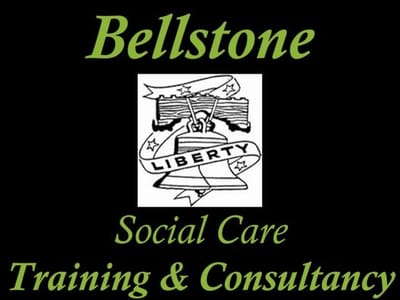In-house Recognising, Understanding Behaviours (RUB).

Behaviours which challenge always happen for a reason and might be the only way a person can communicate - it can arise for different reasons which are personal to the individual. People who display or are at risk of displaying behaviours which challenge might need care and support which involves both positive support, such as positive behavioural support, and some form of restrictive practice or intervention, such as physical restraint or use of devices, medication or seclusion. Any restrictive intervention must be legally and ethically justified, be absolutely necessary to prevent serious harm and be the least restrictive option. It’s important that adult social care workers, including managers, have the right skills and knowledge to support people who display or are at risk of displaying behaviours which challenge, and we have resources to help. Before you get started, read these FAQs from the Challenging Behaviour Foundation to find out more about how PBS can help you deliver high quality support. PBS is a person-centred approach to supporting people who display or at risk of displaying behaviours which challenge. It involves understanding the reasons for the behaviour and considering the person as a whole - including their life history, physical health and emotional needs - to implement ways of supporting them. It focuses on creating physical and social environments that are supportive and capable of meeting people's needs, and teaching people new skills to replace the behaviours which challenge. Watch this short video from the Challenging Behaviour Foundation about what is PBS.



